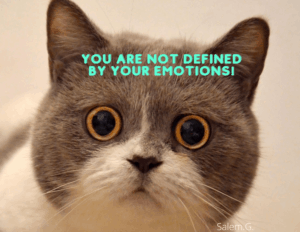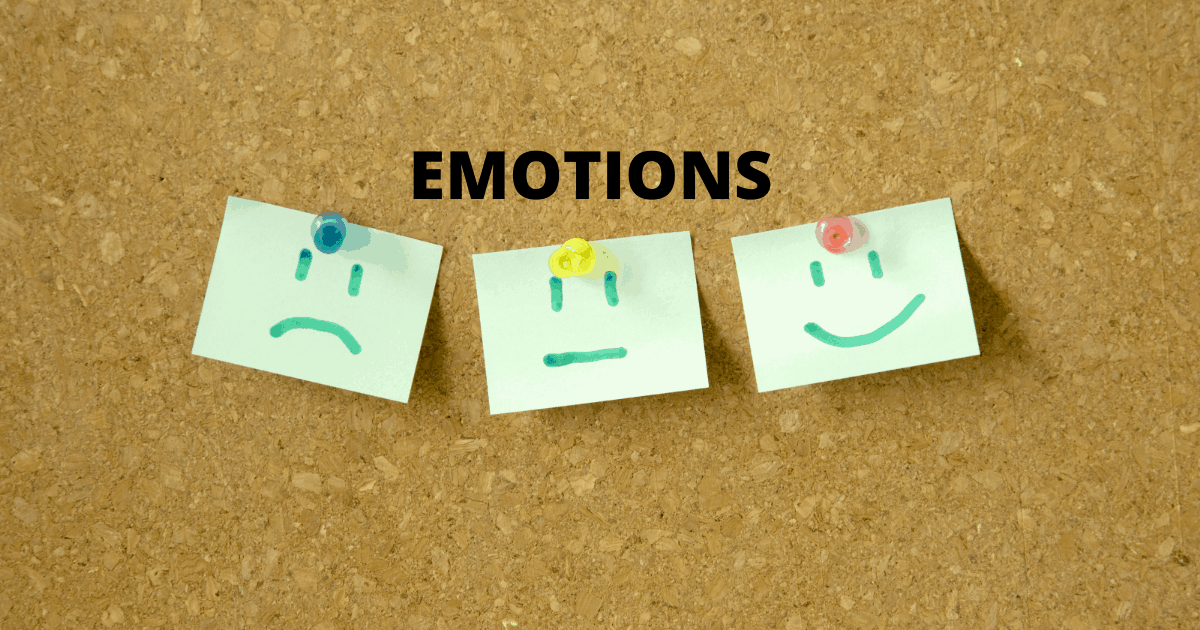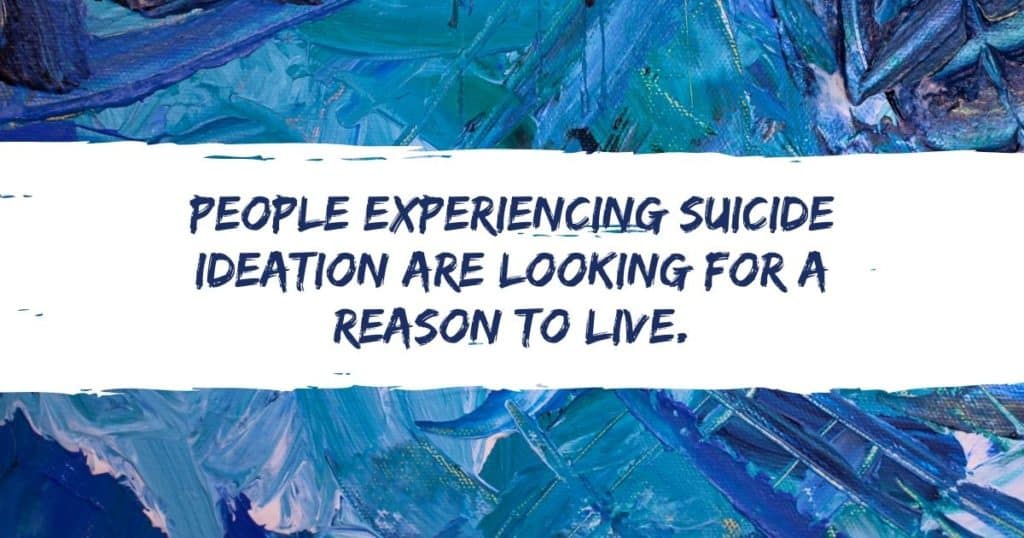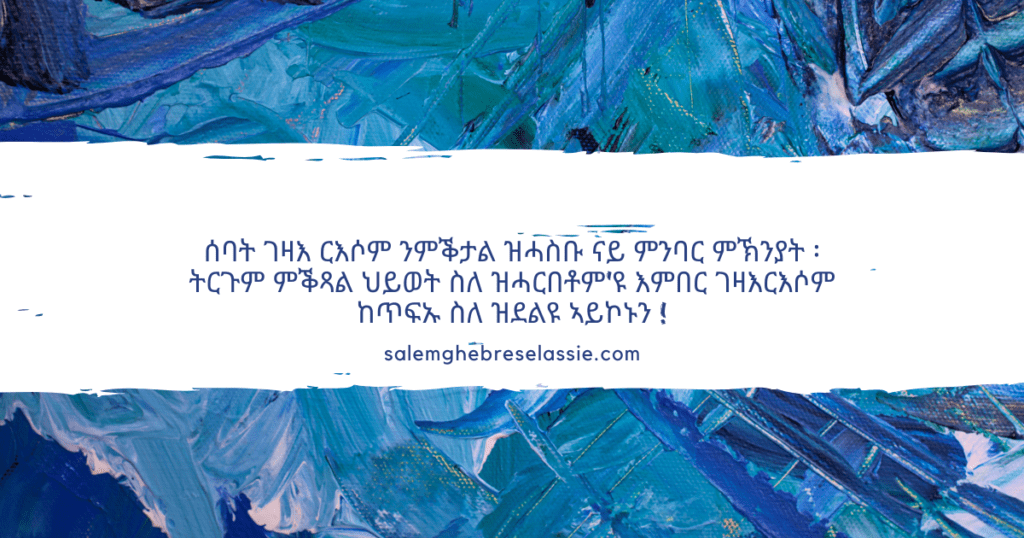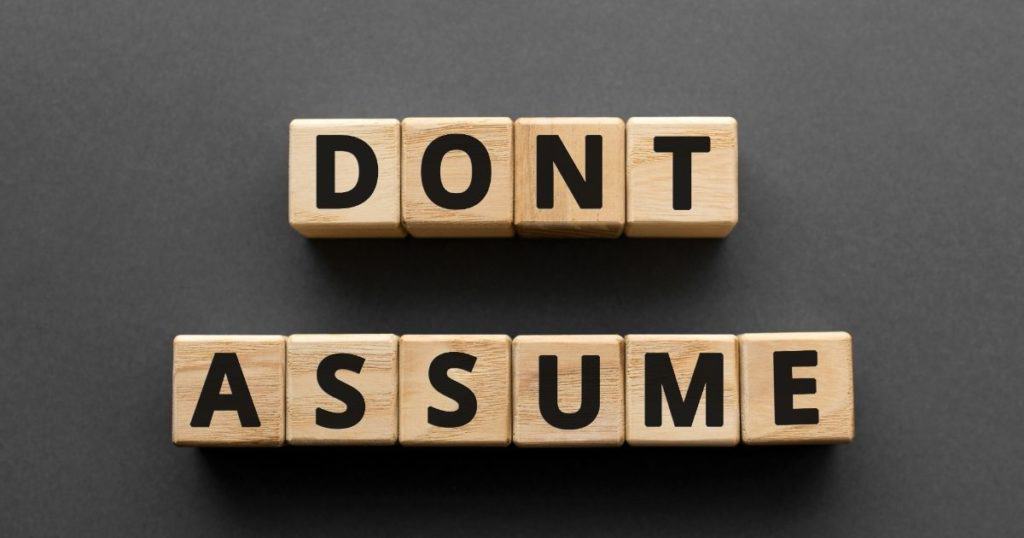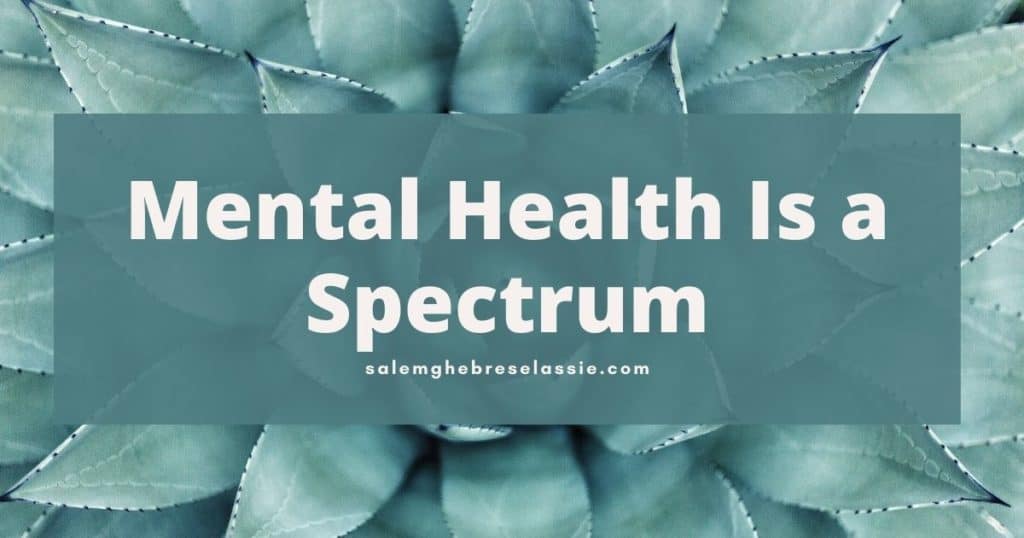Emotions – what are they?
Emotions are an integral part of being human. To have emotions is to be human. You not only experience emotion within yourself, you also outwardly express them differently throughout your life. It’s nearly impossible to exist in a completely neutral or emotionless state.
As humans, we are physical, spiritual, emotional, social, and intellectual beings. Foregoing any part of your being can have detrimental consequences in your relationships with yourself, with others, and ultimately with God because He created you as a whole person in his image. To feel is to be human. To ignore or minimize our feelings is to distort what it means to be image-bearers. Every part of your humanness matters, including your emotions and feelings.
So what is emotion? An emotion is a multidimensional experience characterized by different levels of arousal and degrees of pleasure – displeasure; it can be related to subjective experience, contextual and cultural aspects that can be regulated through intra (within) and interpersonal processes (Hofmann, 2016). At the core of it, emotion is something we all experience on the inside that can be expressed on the outside through different means and acts.
Emotions can be triggered by a wide variety of things: like a certain situation in our life, an event, it can be a person or a thought that turns a switch in our hearts and minds. In order for you to experience emotion in your body there has to be some type of trigger that causes you to respond emotionally. For example, when a child is born in your family it might cause you to be joyful and happy. If someone you know dearly passes away it might trigger a sad sorrowful emotion within you. There has to be a trigger in order to experience an emotion. Self checkpoint what triggers your emotion?
Emotions and the expression of emotions are universal across all life span. Allow me to say this part loud and clear – the emotions of kids and teens also matter! I say this because I came from a culture where the emotions and feelings of kids are not prioritized rather downplayed as not valid. This has been my experience growing up and the culture that shaped me while growing up. One good example of this is that when someone in the family dies, the adults focus on their own grief that they forgot to ask the child or the teen in the family how they are coping. And I know many of my friends and the people who share the same cultural background can echo the same. So yeah children and adolescents also experience the same emotions just in a different way! A friend of mine once told me that “adults tend to minimize the emotions of kids, but then spend their entire lives trying to heal from the emotional trauma of their own childhoods.” Truth!
Emotions and the expression of them are so much universal that we cannot deny experiencing some of the basic emotions including joy, sorrow, anger, fear, acceptance, disgust, surprise and expectancy (Hofmann,2016). We create a variety of different kinds of emotions by going through a mixture of those basic emotions. Your core emotions can change at any given moment based on what is triggering you on that particular moment, and this emotion can be linked back to the main basic ones. When you go through any kind of emotion it’s a reminder to you that you are a human being! Remember, I can’t say this enough, to feel is to be human!
Epictetus the Greek philosopher once said, “People are not moved by things, but the view they take of them”. You are not triggered by the things you go through in life but by the views you hold about certain events that happened to you. For example, for me, the first time I did not pass my nursing exam, triggered me to feel angry and upset. Or the time I felt joyous when I held my firstborn, every time I think about these two events, they trigger different emotions within me. The thoughts you hold in your mind about yourself, your circumstance, about people, or the hurtful things that you went through in your life provoke your body to experience and embrace certain emotions. Pay close attention to your emotions and feelings for they have the power to push you to action for better or worse. Your emotion is a part of you, but your emotion does not define who you are. Your identity is not your emotion – really think about that!
